On November 8, 2024, in Ha Nam province, the Ministry of Home Affairs organized a scientific workshop to contribute ideas to amend and supplement the Project "Determining administrative reform indexes of ministries, ministerial-level agencies, People's Committees of provinces and centrally run cities" for the period 2022-2030. Deputy Minister Truong Hai Long attended and delivered the opening speech at the workshop.
Attending the workshop were Mr. Nguyen Duc Vuong, Vice Chairman of Ha Nam Provincial People's Committee; Mr. Pham Minh Hung, Director of the Department of Administrative Reform; representatives of a number of central ministries and branches; representatives of units under the Ministry of Home Affairs; representatives of leaders of Departments and civil servants working on administrative reform of 63 Departments of Home Affairs of provinces and centrally run cities.
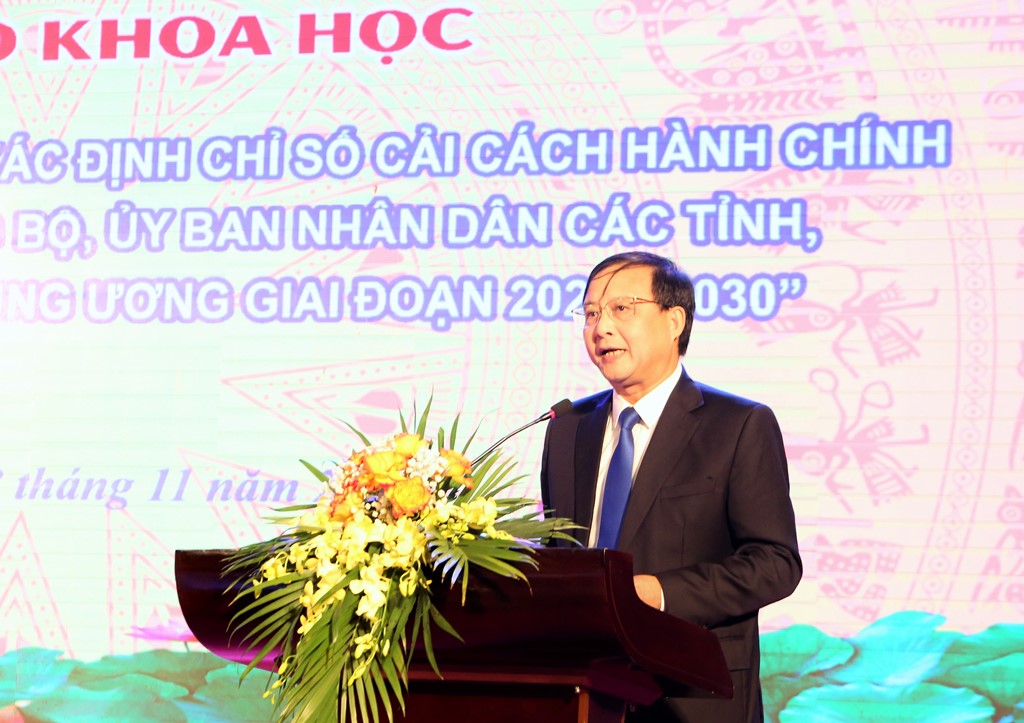
Vice Chairman of Ha Nam Provincial People's Committee Nguyen Duc Vuong delivered a welcome speech at the Workshop.
Speaking at the Workshop, Mr. Nguyen Duc Vuong, Vice Chairman of Ha Nam Provincial People's Committee expressed his pleasure to welcome Deputy Minister Truong Hai Long and delegates from ministries, branches and localities nationwide to attend the Workshop.
Mr. Nguyen Duc Vuong said that in recent years, administrative reform in Ha Nam province has always been concerned, directed and identified by the Provincial Party Committee, People's Council and People's Committee as an important driving force and solution to improve the effectiveness and efficiency of administrative management activities, contributing to socio-economic development, best serving the people and businesses .
Following the documents of the Central Government, Ha Nam province has issued many documents on promoting administrative reform in the province, focusing on modernizing the administration, aiming at building a digital government, reforming administrative procedures, improving the quality and responsibility of civil servants, especially heads of agencies and units, associated with strengthening discipline and administrative order.
Mr. Nguyen Duc Vuong hopes to continue receiving attention, direction and guidance from the Central Ministries, Departments and Branches, especially the Ministry of Home Affairs. At the same time, he requested experts, scientists, delegates from provinces and cities participating in the Workshop to increase exchanges and share good experiences, new ways of doing things, solutions, initiatives... in implementing administrative reform, thereby helping localities soon complete the goal of building a democratic, professional, modern, streamlined, effective, efficient administration with the capacity to create development, integrity, and serve the people .
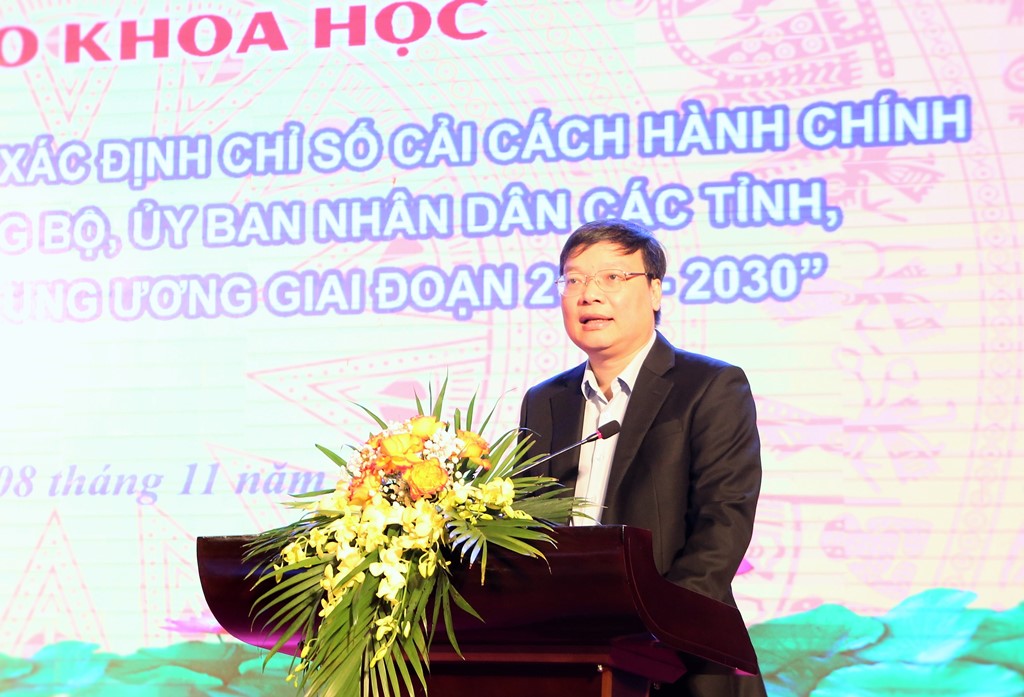
Deputy Minister Truong Hai Long delivered the opening speech at the Workshop.
Speaking at the opening of the Workshop, Deputy Minister Truong Hai Long said that on November 10, 2022, the Minister of Home Affairs signed and issued Decision No. 876/QD-BNV approving the Project "Determining the Administrative Reform Index of Ministries, ministerial-level agencies, People's Committees of provinces and centrally-run cities" for the period 2022 - 2030. This is an important tool to help the Government monitor and evaluate quantitatively, accurately and objectively the implementation of administrative reform tasks; for localities, through the results of the administrative reform index, local leaders have a basis to continue directing departments, branches and localities to implement tasks related to administrative reform in a substantive manner, contributing to the successful completion of local socio-economic development tasks.
Deputy Minister Truong Hai Long emphasized that in recent times, many documents and policies of the Government and the Prime Minister have been amended, supplemented or newly issued to adjust the criteria and tasks related to administrative reform to suit the practical situation and reform requirements. Therefore, it is necessary to review to eliminate or amend and supplement the content and assessment scale of some criteria and component criteria to suit the new regulations and criteria.
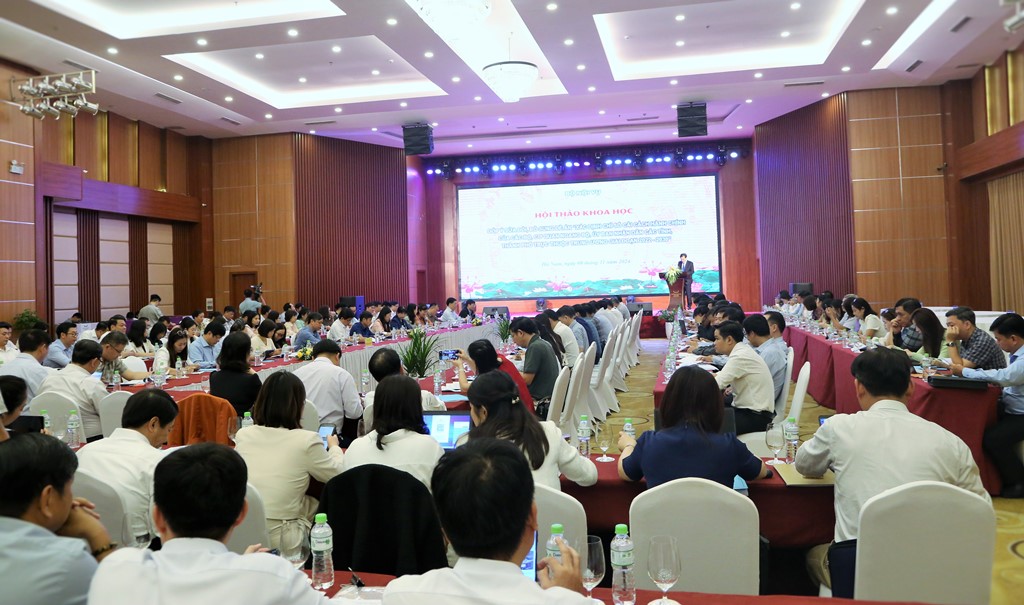
Conference Scene
In addition, sociological assessment and investigation methods need to continue to be researched and improved to suit the development trend of information technology and digital technology to further enhance objectivity, publicity, transparency and fairness in the assessment and ranking of annual administrative reform results of ministries and provinces.
Deputy Minister Truong Hai Long suggested that delegates focus on in-depth discussions and contribute specific and practical opinions, focusing on contents such as: names of fields, evaluation criteria; evaluation scale; evaluation methods through reports; content of sociological investigation methods, etc.
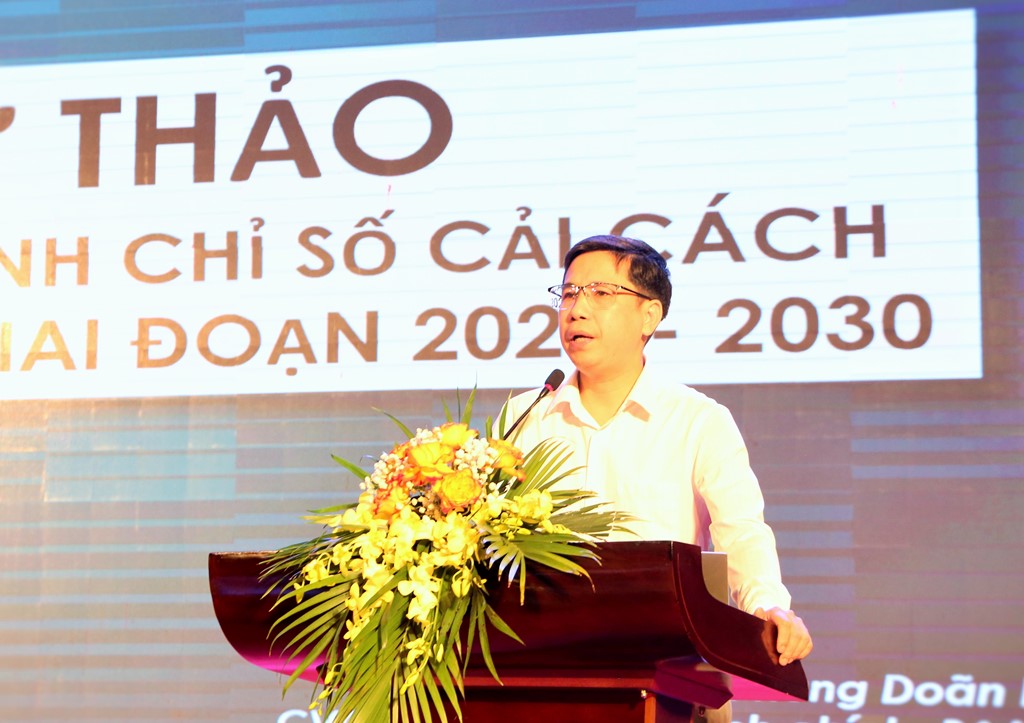
Mr. Phung Doan Hung, Chief Specialist of the Administrative Reform Department, presented the draft Project.
Presenting the draft "Project to determine administrative reform index of ministries, ministerial-level agencies, People's Committees of provinces and centrally-run cities" for the period 2024-2030, Mr. Phung Doan Hung, Chief Expert of the Department of Administrative Reform, said that the specific objective of the Project is to objectively, comprehensively and fairly assess the annual administrative reform results of ministries and provinces. Quantitative assessment, combined with qualitative assessment; assessment of administrative reform results with the impact of administrative reform; combining internal assessment of state administrative agencies and external assessment of people and organizations on the annual administrative reform results of ministries and provinces.
At the same time, compare and rank the annual administrative reform results of ministries and provinces. Through that, administrative agencies clearly recognize the results achieved and the existing limitations to have solutions to improve and enhance the quality and effectiveness of annual administrative reform.
Regarding the subjects of application, there are 19 Ministries and ministerial-level agencies (except the Ministry of Public Security, the Ministry of National Defense, and the Government Office). Of which, 02 specific agencies, the Ethnic Committee and the Government Inspectorate, have conducted the assessment but are not ranked together with the remaining 17 ministries and ministerial-level agencies. 63 People's Committees of provinces and centrally-run cities.
Regarding the set of criteria for determining the ministerial-level administrative reform index, it is structured into 7 assessment areas, 38 criteria and 97 component criteria.
The assessment scale of the Administrative Reform Index is 100. The assessment score through sociological survey is 30.5/100.
Evaluation method: Self-evaluation of ministries and Evaluation through sociological investigation.
Regarding the set of criteria for determining the Provincial Administrative Reform Index, it is structured into 8 assessment areas, 38 criteria, and 88 component criteria.
The rating scale is 100. The rating score through sociological survey is 32/100.
Assessment method: Self-assessment of provinces and Assessment through sociological survey.
In addition, the draft Project also provides specific solutions such as: Improving the responsibility and effectiveness of direction and management of sectors and levels in determining the Administrative Reform Index; Strengthening propaganda and dissemination of the Administrative Reform Index; Improving the quality and effectiveness of monitoring and evaluating administrative reforms at administrative agencies and units; Strengthening the application of information technology, ensuring funding for determining the Administrative Reform Index, etc.
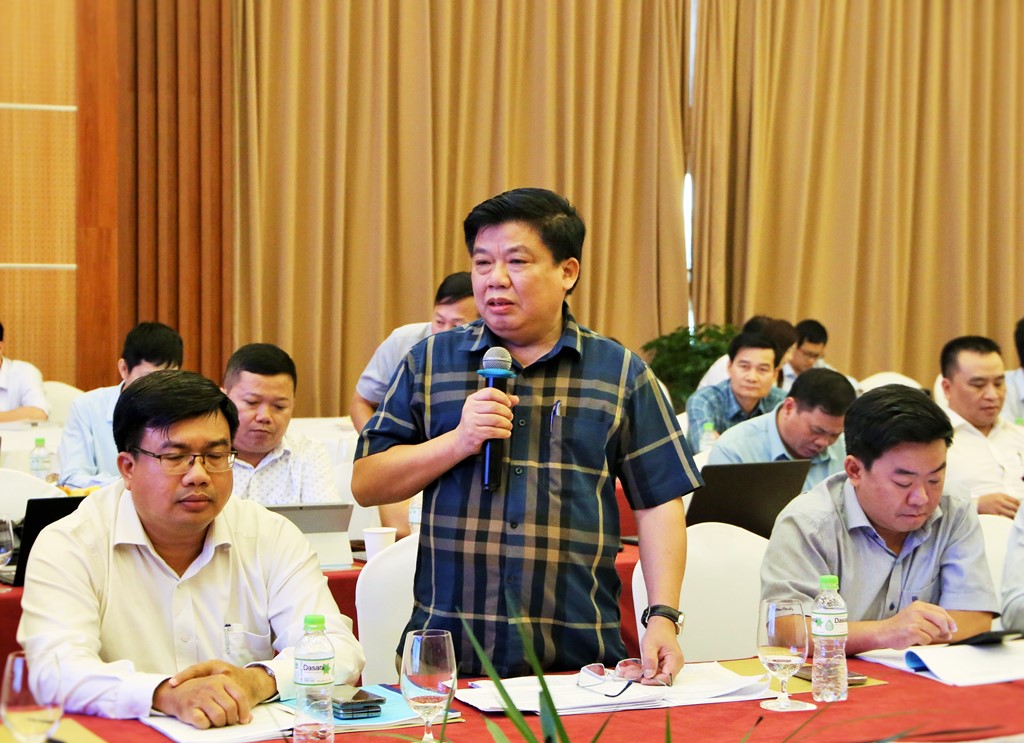
Representative of the Steering Group for Administrative Reform spoke at the Workshop
In the discussion section, the Organizing Committee divided into discussion groups to give comments. The administrative reform steering and management group highly agreed with the criteria, scoring scale and evaluation method; however, regarding the implementation of the administrative reform plan, the Drafting Committee was requested to increase the score and criterion 1.3.1. The rate of provincial-level specialized agencies and district-level administrative units inspected during the year, and requested to add inspection of vertical agencies located in the locality that perform administrative procedures.
The institutional reform group highly appreciated the preparation work of the Ministry of Home Affairs and the scientific organization work. This group also highly agreed with the criteria, however, for criterion 2.2. Implementing the annual publication of the list of legal documents that have expired or ceased to be effective, it was converted into a component criterion of criterion 2.3. Checking and handling legal documents.
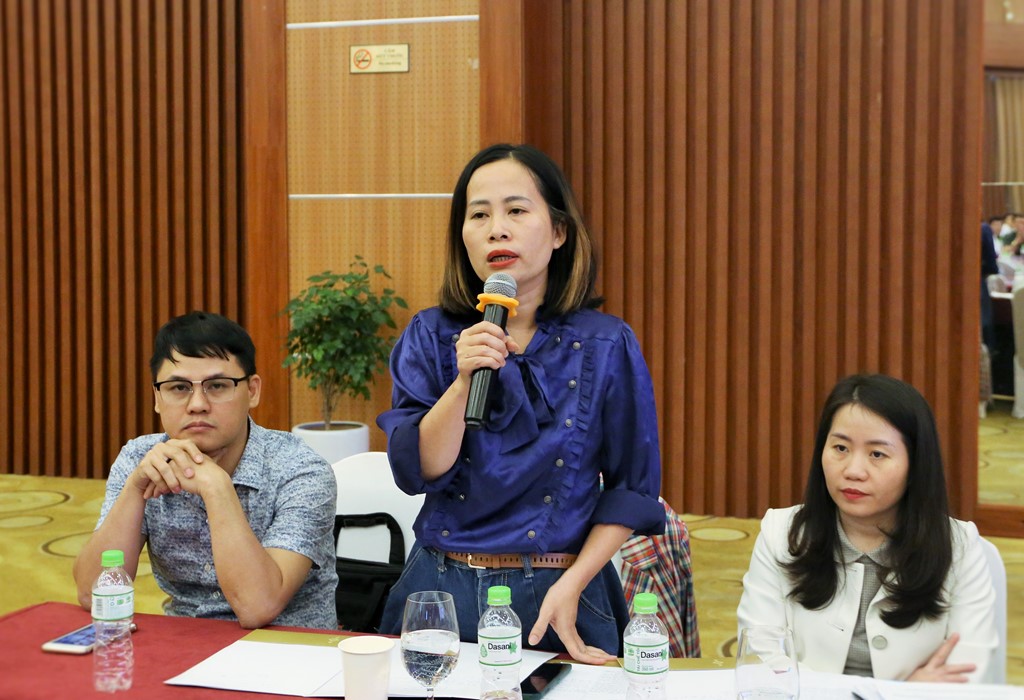
Government Office representatives discuss at the Workshop
The administrative procedure reform group proposed not to deduct points for announcing and publicizing administrative procedures due to the delay in issuing documents by the Central Government...
In addition, delegates also exchanged, discussed and commented on the suggestions of the Groups to help the Ministry of Home Affairs research and absorb to complete the draft Project.
Summarizing the Workshop, Mr. Pham Minh Hung, Director of the Department of Administrative Reform acknowledged and highly appreciated the delegates for their responsibility in contributing their opinions, and the Ministry of Home Affairs will seriously consider them for improvement.
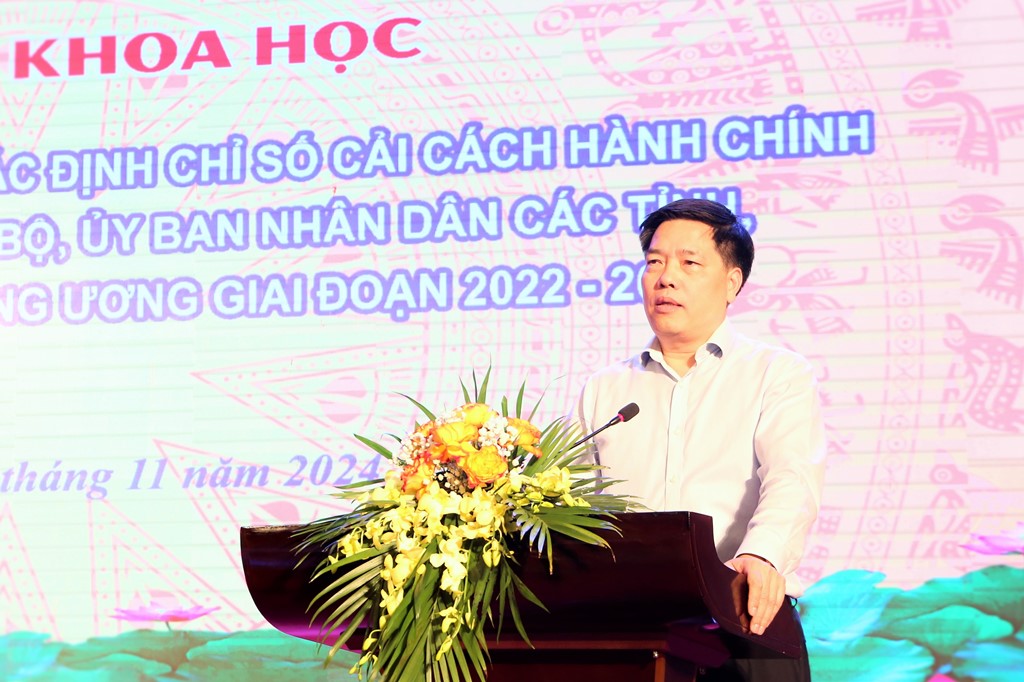
Director of Administrative Reform Department Pham Minh Hung speaking at the Workshop
In addition, the Ministry of Home Affairs will continue to review and synthesize opinions comprehensively to maximally correct inappropriate content in the spirit of appropriate and better amendments to the Criteria Set stipulated in Decision No. 876/QD-BNV.
To have more information to complete the Project, Mr. Pham Minh Hung requested 05 related ministries: Finance, Home Affairs, Justice, Information and Communications, Government Office together with the Ministry of Home Affairs to study the opinions to absorb and amend; continue to give opinions on the criteria groups under their Ministry and send them to the Ministry of Home Affairs no later than November 14, 2024.
For localities, Mr. Pham Minh Hung suggested that if there are additional comments, they should be sent to the Ministry of Home Affairs no later than November 14, 2024 so that the Ministry of Home Affairs can comprehensively absorb, complete and submit to the competent authority for signing and promulgation.
Mr. Pham Minh Hung added that after issuing the Project, the Ministry of Home Affairs will issue specific guidance documents for ministries, branches and localities to grasp and implement consistently; in addition, the Ministry of Home Affairs will also continue to complete and update the scoring software according to the revised and supplemented set of indicators; revise the assessment questions, etc.
Source: https://moha.gov.vn/tintuc/Pages/danh-sach-tin-noi-bat.aspx?ItemID=56516

























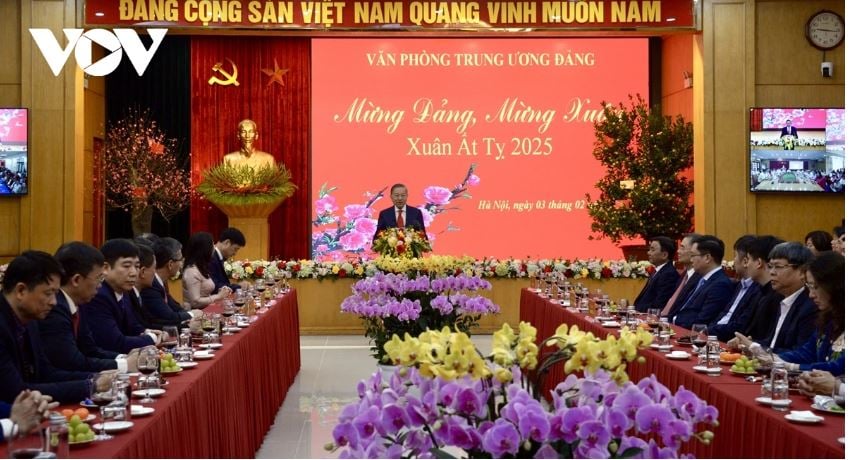
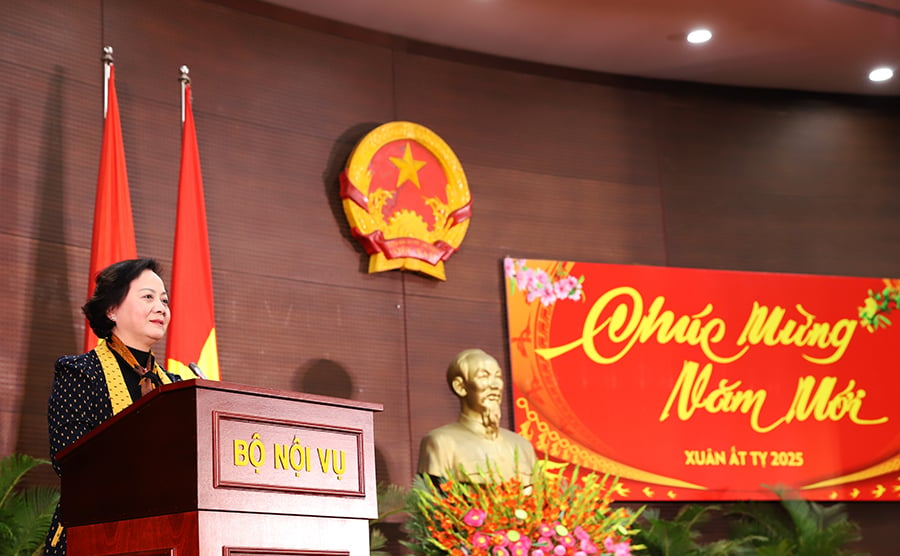
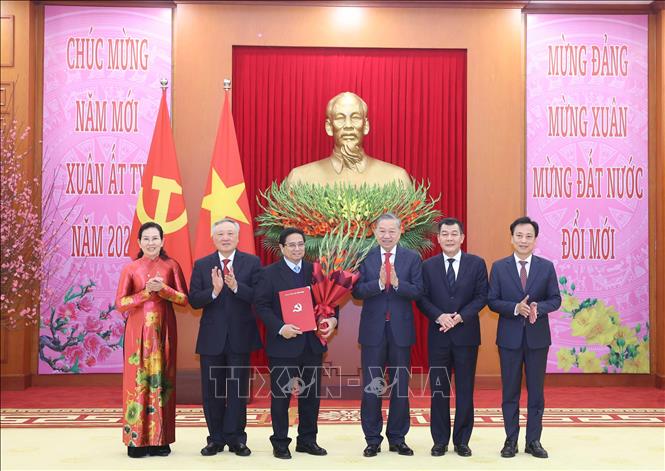
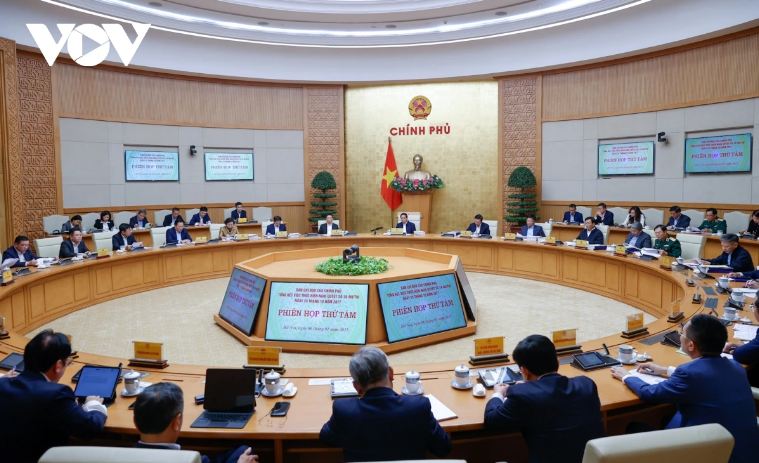


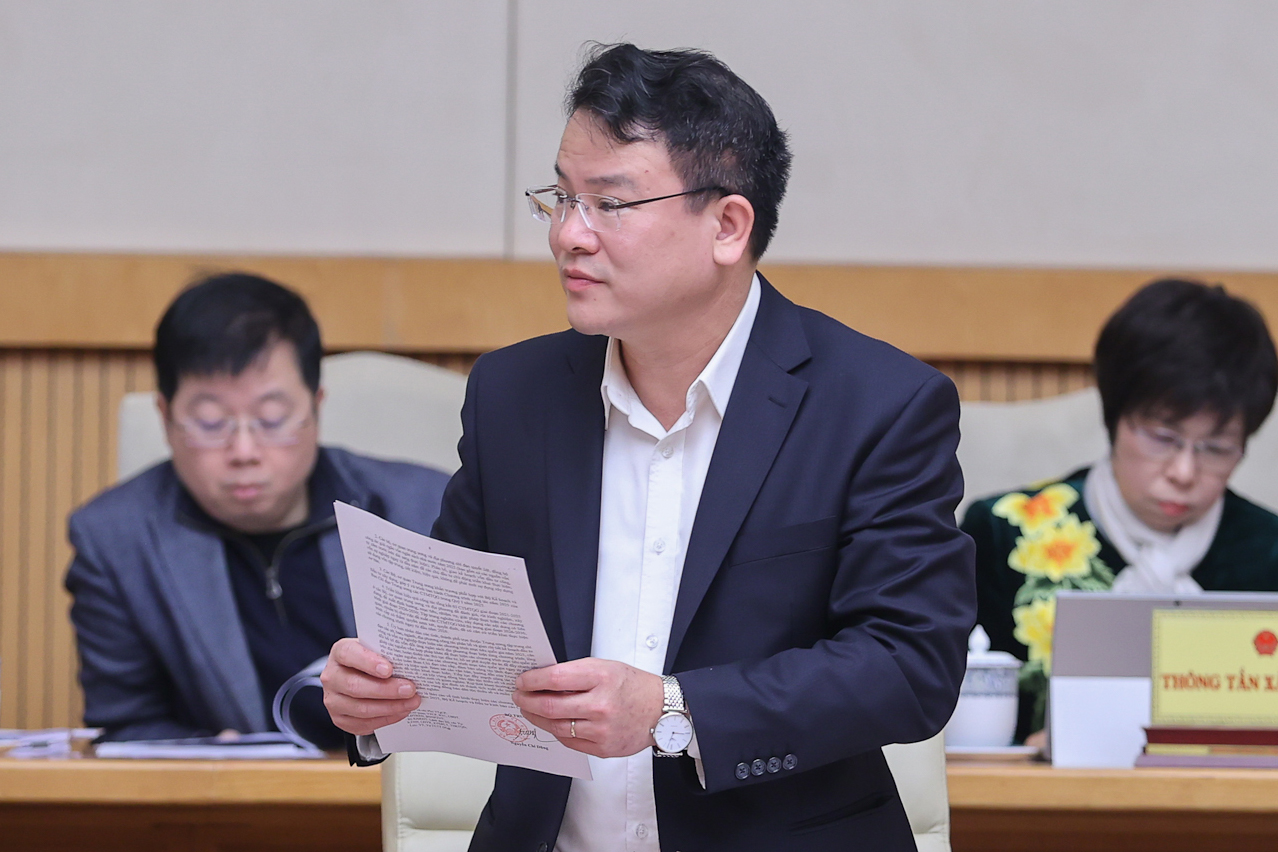



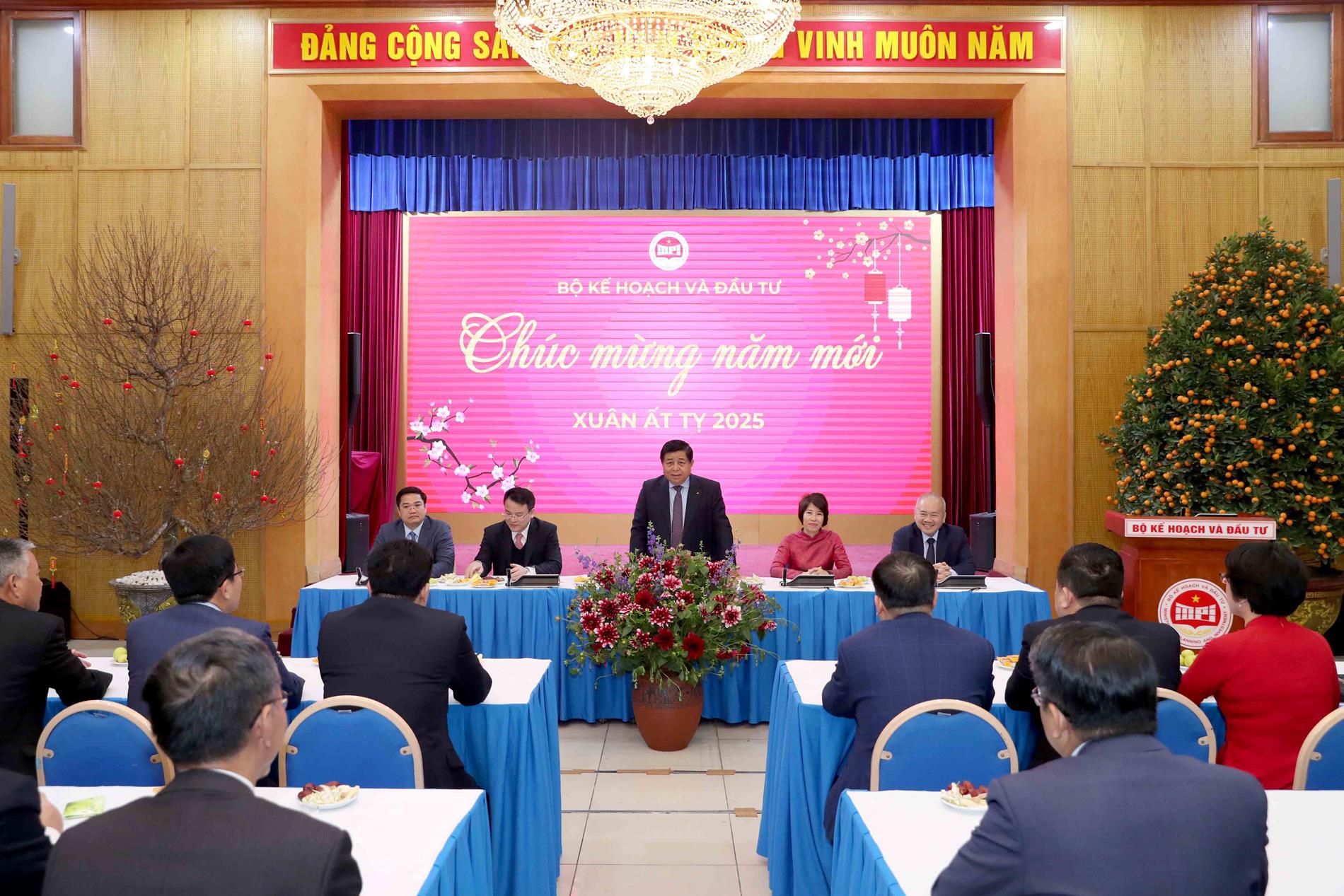
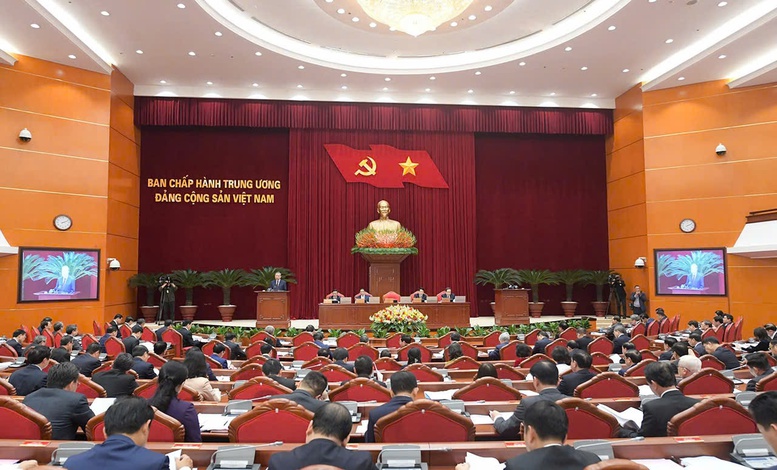















Comment (0)